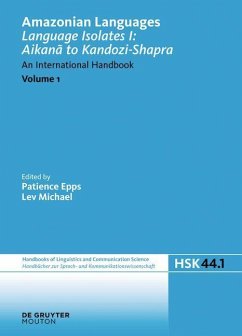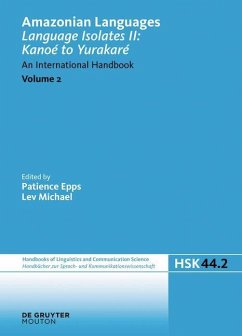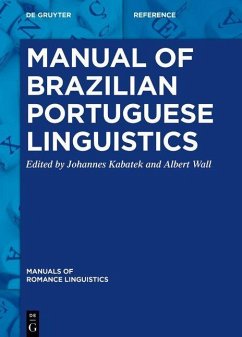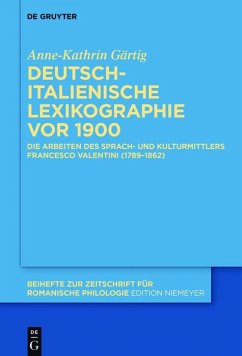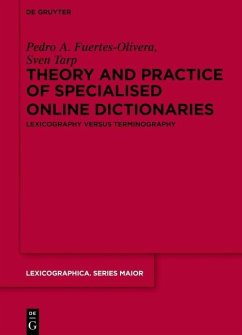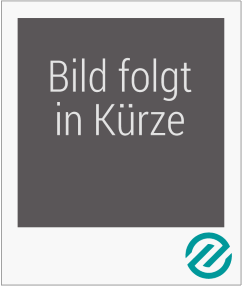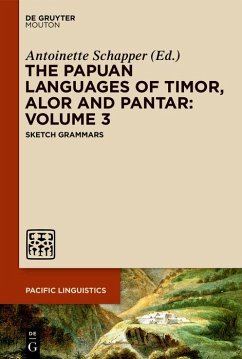
The theory and practice of examples in bilingual dictionaries (eBook, ePUB)
Versandkostenfrei!
Sofort per Download lieferbar
77,95 €
inkl. MwSt.

PAYBACK Punkte
39 °P sammeln!
The dictionary example is the culminating component of the information presented in articles of dictionaries intended for language learning. This study analyses the example comprehensively: its provenance, its theoretical status, its distinction from multiword lexical units (to be presented as infralemmas), types and specific functions. The example not only illustrates the data provided by the definition, the equivalent, the grammatical, collocational and pragmatic items, but also provides valuable complementary information on the use of each lexical unit described. Examples are models with w...
The dictionary example is the culminating component of the information presented in articles of dictionaries intended for language learning. This study analyses the example comprehensively: its provenance, its theoretical status, its distinction from multiword lexical units (to be presented as infralemmas), types and specific functions. The example not only illustrates the data provided by the definition, the equivalent, the grammatical, collocational and pragmatic items, but also provides valuable complementary information on the use of each lexical unit described. Examples are models with which users can form other sentences but are also instantiations of the language that escape systematicity and reflect unpredictable but real uses. Theoretical reflection on the theory of the example (with special emphasis on the bilingual), analysis of how (especially bilingual) dictionaries present examples and what kind of information each type of example provides can assist lexicographers in planning their dictionaries and making theoretically based choices when it comes to the selection and presentation of examples.
Dieser Download kann aus rechtlichen Gründen nur mit Rechnungsadresse in A, B, BG, CY, CZ, D, DK, EW, E, FIN, F, GR, HR, H, IRL, I, LT, L, LR, M, NL, PL, P, R, S, SLO, SK ausgeliefert werden.




